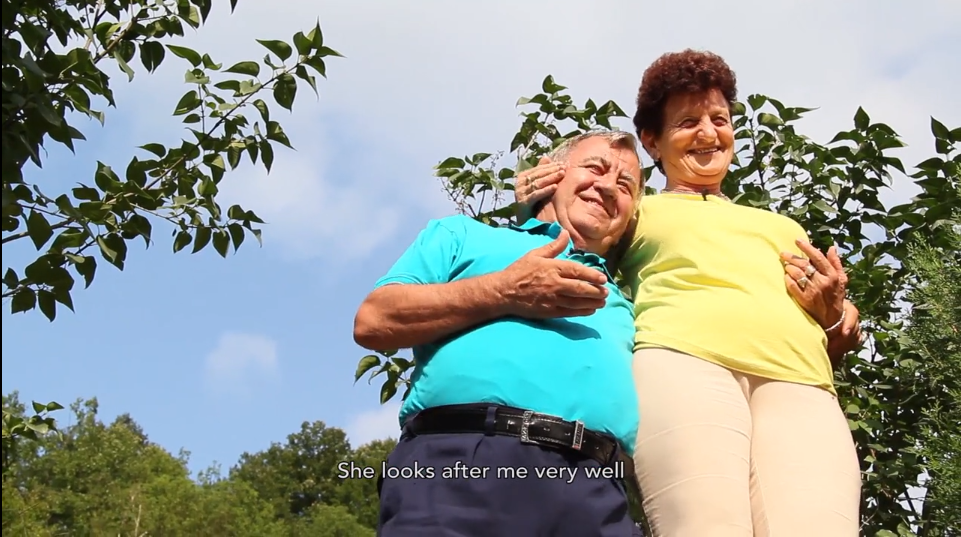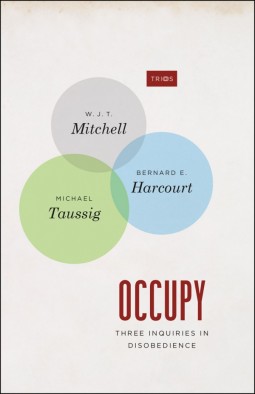Marija + Toma
By Divlja Kruška/Wild Pear Arts Marija and Toma are a couple in their 60s who had been married for just over a year at the time of shooting. Both of them have had several previous spouses, but now they are together they have a strong desire to show off and share the exuberant affection they feel for one another with the people they hold dear. So it was that we were introduced to them while carrying out research for various on-going visual anthropology projects in Eastern Serbia, and they immediately invited us to join the lunch they were hosting to celebrate their 15-month wedding anniversary. In addition to their warmth and friendliness, we were keen to accept so that we could see the “Bird” monument that Toma had built for his village using money he had earned while working abroad. The monument actually turned out to be more of a village square that people could use for social events, such as the anniversary party in question. We envisaged shooting materials to use as part of an …


